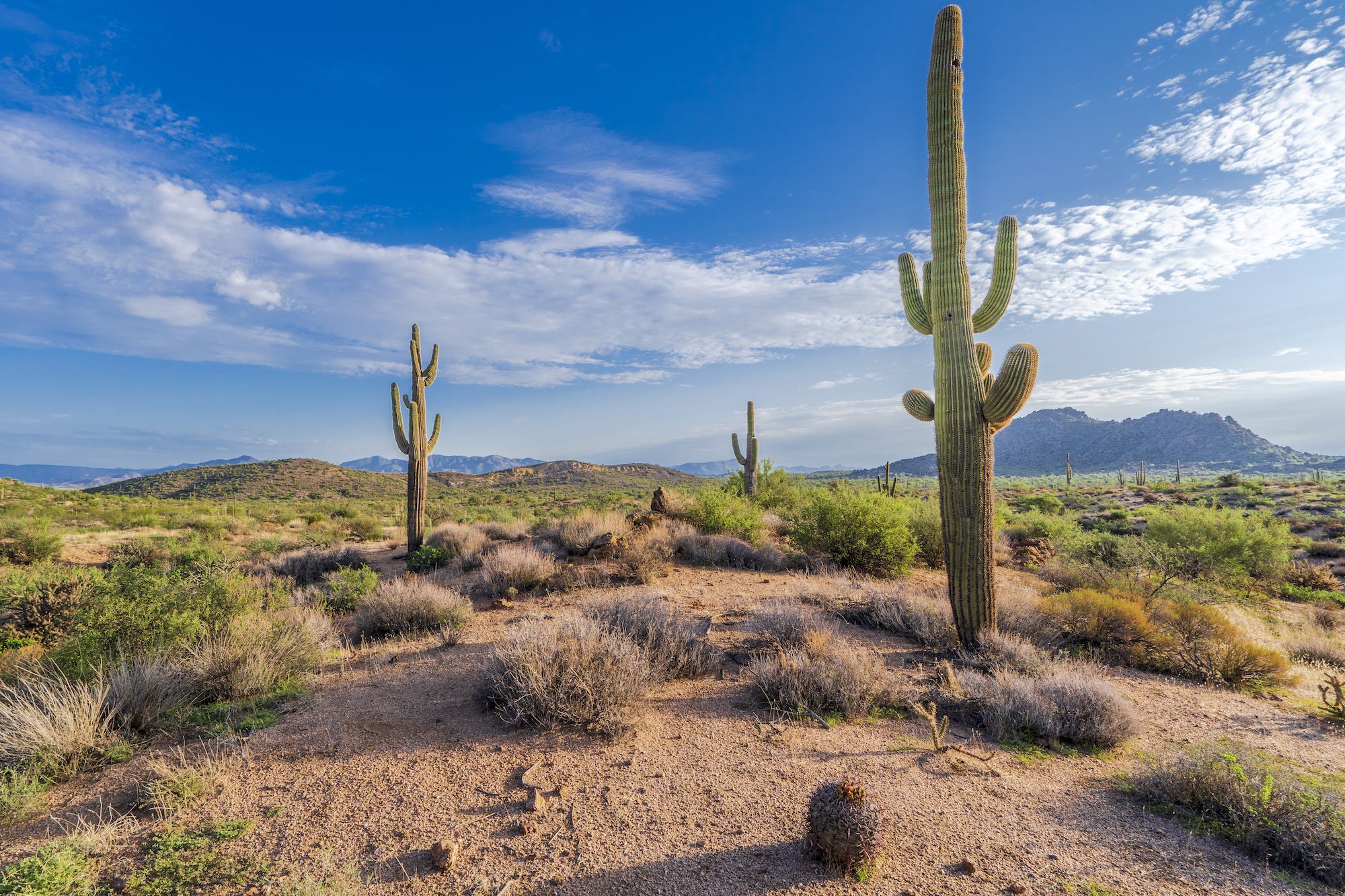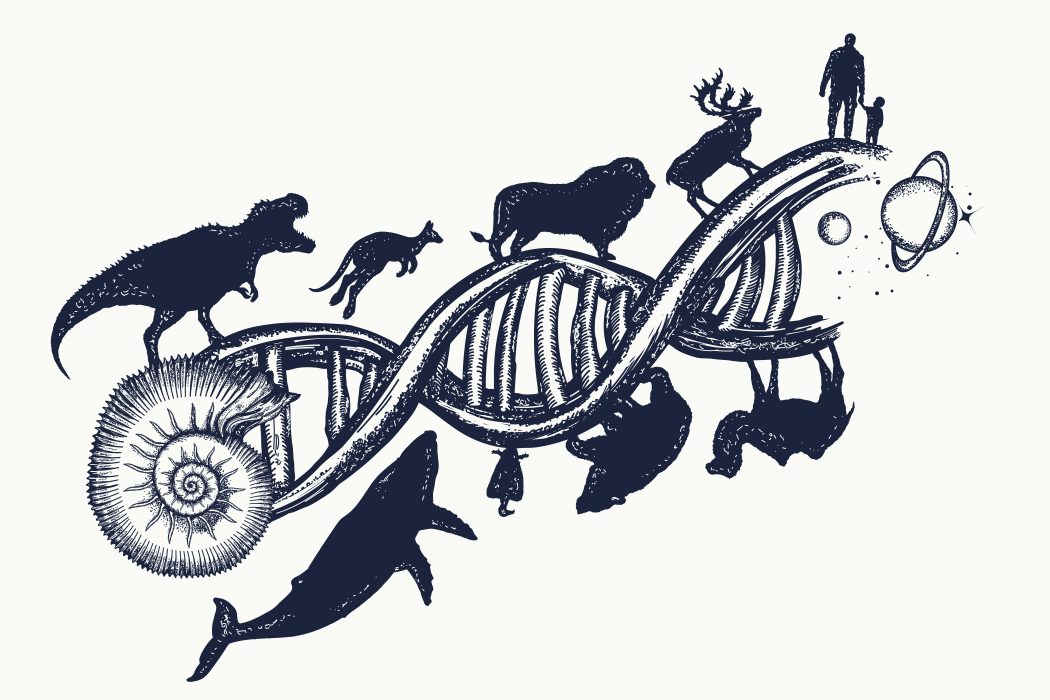The African elephant is the largest land animal on Earth, and one of the most interesting and beautiful animals to have ever lived. These magnificent animals have been symbols of power and strength throughout human history.
Range: The African elephant can be found in 37 countries including Angola, Benin, Botswana, Burkina Faso, Cameroon, Central African Republic, Chad, Democratic Republic of the Congo (DRC), Ivory Coast, Gabon, Ghana Guinea, Kenya, Liberia Mozambique, Namibia, Nigeria, Senegal, Sierra Leone, South Africa Tanzania.
Habitat: They can be found in a variety of habitats from forests to deserts and grasslands.
Behavior: African elephants are very social and live in herds that contain between 4-100 individuals depending on the area they’re located in. The herds are led by a matriarch, who is the oldest and most experienced female in the group.
Males typically leave their herds once they reach adulthood, but females stay with their family until they find a mate and have a child of their own. If she does not find a mate when she reaches puberty, she will usually remain with her herd throughout her life.
Elephants are very intelligent creatures that use tools to accomplish tasks such as digging holes to find water or breaking branches from trees to swat away flies from their bodies.
An elephant can grow up to 13 feet tall at its shoulder and weigh up to 7 tons! When food is scarce, elephants will eat bark and leaves from fig trees which are toxic to many other animals.
Habitat destruction from deforestation, poaching and human population expansion have caused a significant decrease in elephant populations throughout Africa. Although they are not listed as endangered animals, they remain protected by law in most African countries, where the penalty for killing an elephant can be up to twice the average annual income in that country. The future of this species remains uncertain.






